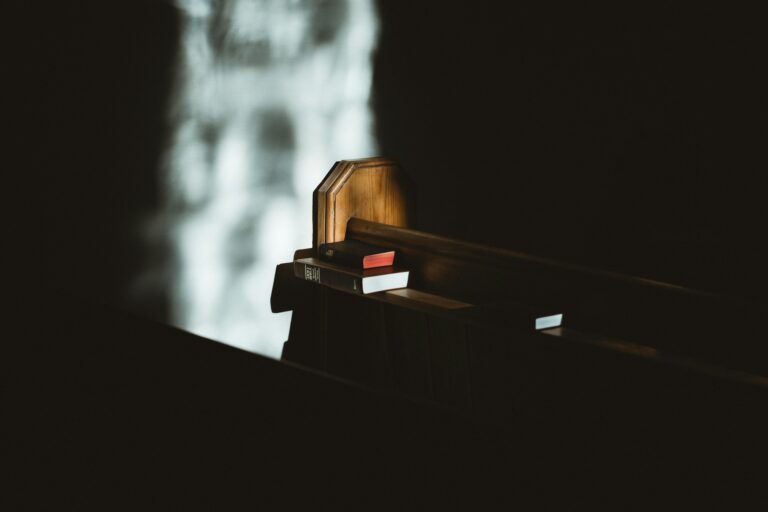The Greek Christian author Basil of Caesarea (c.330–379) is usually remembered by church historians of late antiquity as an extremely important theologian, whose defense of the deity of the Holy Spirit in the final stages of the Arian controversy played a critical role in the formulation of the orthodox Christian teaching about the Trinity. Basil has much to teach us, though, about other areas of the Christian life. Take, for instance, the vital area of Christian friendship and prayer.
Eusebius of Samosata: a brief sketch
One of Basil’s closest friends was Eusebius, bishop of Samosata (died 380), a city on the Euphrates River and the border of the Roman Empire, some 300 miles distant from Caesarea in Cappadocia. Samosata contained Greek speakers like Eusebius, but also many Syriac- and Armenian-speaking Christians. Most of what we definitely know about Eusebius is from the letters of Basil. There is little doubt that the two men deeply enjoyed each other’s presence and Basil delighted in having such a mentor.
 His birth date is uncertain—Basil speaks of Eusebius’ “venerable age” in his Letter 98, which would probably place his birth between 303 and 313 and this would mean he was probably a generation older than Basil. Their friendship thus cut across generational barriers. When he became the bishop of Samosata is also unclear. He was definitely in that position by 361.
His birth date is uncertain—Basil speaks of Eusebius’ “venerable age” in his Letter 98, which would probably place his birth between 303 and 313 and this would mean he was probably a generation older than Basil. Their friendship thus cut across generational barriers. When he became the bishop of Samosata is also unclear. He was definitely in that position by 361.
Thirteen years later, in 374, by order of the Emperor Valens, who was an Arian (such people denied the full deity of the Lord Jesus), Eusebius was banished to Thrace in northern Greece because of his commitment to the full deity of Christ. In 378, however, the persecuting policy of the emperor Valens was brought to a close by his death at the Battle of Adrianople in the Balkans. Valens’ successor, the emperor Gratian, recalled a number of banished bishops, including Eusebius. But Eusebius was to enjoy his return to his congregation in Samosata for only two years. In 380 he travelled to Dolikha in northern Syria to participate in the ordination of a bishop for that city. An Arian woman took the opportunity to whip a tile at his head that proved to be fatal. It is noteworthy that, as he lay dying, Eusebius urged his followers to forgive the woman and not to harm her in any way.
Friends pray for one another
There are some fifteen extant letters of Basil to Eusebius that provide fascinating windows on their friendship. In the autumn of 368, Basil wrote to Eusebius informing him of his desire to visit him in Samosata so that he could enjoy Eusebius’ “treasured wisdom” (Letter 27). A year later, Basil commended Eusebius for his zeal for the truth (Letter 34) and in 371 Basil told his friend that he hoped to see him the following spring so as “to be reinvigorated by your sound teaching” (Letter 48). Again, three years later Basil called Eusebius “the noble guardian of the faith, the faithful protector of the churches” (Letter 136). Friends are not afraid to point out areas of strength in those they love.
In a number of his letters to Eusebius, Basil also thanked his friend for his prayers: for church matters in which Basil was involved (Letter 30) and for Basil’s health (Letters 100, 162). In August of 373, Basil’s entire body was wracked with pain and he was deeply thankful Eusebius was remembering him in prayer. He told him that his letters were like “a beacon fire shining from afar upon the deep … naturally possessing sweetness and great consolation” (Letter 100). In one of Basil’s final letters to Eusebius that we possess, Letter 241, written in 376—Basil died on January 1, 379—Basil again mentioned Eusebius’ praying. On this occasion, he likened his friend’s prayers to those of Moses—high praise indeed.
Basil would have found it very odd that Christians can claim others as their friends and they not pray for them. If we say that we love one another and do not pray for each other, we lie and do not the truth.
















